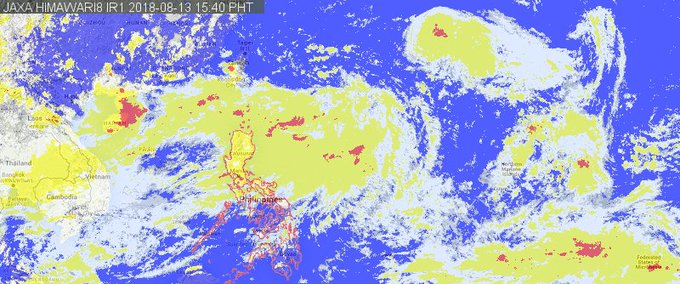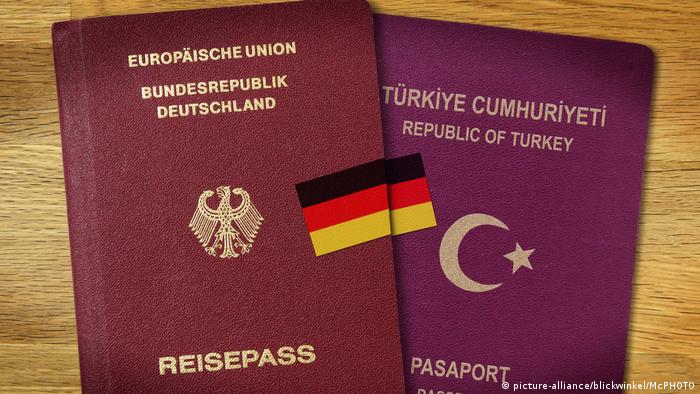No privacy breach, government assures public
MANILA, Philippines — Every Filipino must now secure a unique, permanent national identification number.
President Duterte rolled out yesterday the Philippine Identification System Act, allaying concerns that it would violate privacy and suppress civil liberties.
Duterte said the national ID would cut red tape and reduce corruption, improve the delivery of basic services, and serve as a tool for keeping the public safe.
He noted that several administrations have tried but failed to implement the law because of the apprehensions by some groups about privacy and data security.
“Let me be very clear about this: the information that will be included in the Phil-ID (Philippine identification system) will not be any different from the information already in the possession of the Philippine Statistics Authority (PSA) or the former NSO (National Statistics Office), GSIS (Government Service Insurance System), PhilHealth, Pag-IBIG Fund, Comelec (Commission on Elections) and other agencies that gather personal data,” Duterte said as he signed the Philippine Identification System Act at Malacañang.
“There is therefore no basis at all for the apprehensions about the Phil-ID, unless of course that fear is based on anything that borders on illegal,” he added.
Duterte said the PSA would work closely with the National Privacy Commission, Department of Information and Communications Technology and the multi-agency PhilSystem Policy and Coordination Council to address all privacy and security concerns.
“If at all, the Phil-ID will even aid in our drive against the social menaces of poverty, corruption and criminal issues, as well as terrorism and violent extremism,” the President said.
The law would also promote good governance, enhance governmental transactions and create a more conducive environment for trade and commerce, he added.
The Philippine Identification System (PhilSys) Act will establish a single and streamlined identification system in the country. Once implemented, users will have just one ID for all government transactions.
“As we all know, the President is averse to bureaucratic red tape. Through PhilSys, we hope to improve efficiency and transparency of public services and promote ease of doing business,” presidential spokesman Harry Roque said in a statement.
“For the ordinary Juan de la Cruz, the signing of this Act means that he will no longer have to present multiple identification cards simply to prove his identity. This streamlining of information makes it likewise harder to commit identity theft or fraud,” he added.
Better service
Laguna Rep. Sol Aragones said the law would promote seamless delivery of services, improve the efficiency, transparency and target delivery of public and social services, enhance administrative governance, reduce corruption and curtail bureaucratic red tape.
“This is a historical milestone, a landmark legislation and a life-changing measure all rolled into one. We will never ever be asked again to present multiple government-issued IDs for any transaction,” Aragones said.
“We will no longer need to present multiple IDs to transact with government and private establishments that require individuals to present two or more government-issued IDs,” she added.
“Promote greater convenience to the public, avert fraudulent transactions and misrepresentations, strengthen financial inclusions, promote ease of doing business,” Aragones, chair of the House committee on population and family relations, said.
The Phil-ID could be used for transactions with GSIS, SSS, PhilHealth, HDMF and other government agencies, passports and driver’s license, tax-related transactions, registration and voting identification purposes.
“Admission to any government hospital, health center or similar institution, application for admission in schools, colleges, learning institutions and universities, whether public or private, application and transaction for employment purposes,” Aragones enumerated.
Proponents of the national ID in the Senate assured the people that the law will protect citizens’ right to privacy while making transactions with the government and private entities easier.
Sen. Panfilo Lacson said Republic Act 11055, which harmonizes and integrates the redundant government ID cards into a single system, would also help deter criminality.
“At long last, we now have a law that breaks the formidable barriers between government and the downtrodden and the poor due to the lack of identification,” he said.
Lacson is the principal sponsor of the measure, aside from being a perennial author since his first term as senator in 2001.
Senate Minority Leader Franklin Drilon, also an author of the law, thanked Duterte for signing it.
Drilon reiterated the law would not affect data privacy as the pertinent provisions of the Data Privacy Act will still apply.
Sen. Sonny Angara, another author of the law, said the ID system will not only cut down bureaucratic red tape but also empower many Filipinos formerly without appropriate identification cards to access the formal financial system and open bank accounts.
Under the bill, a foundational ID system dubbed PhilSys will be in place. It will have three components: the PhilSys Number (PSN), Phil-ID and PhilSys Registry.
Phil-ID is a non-transferable card with the PSN and basic information.
The PSA is mandated to act as the PhilSys Registry. It protects the individual’s right to privacy, and may release information only under the following conditions:
• when the registered person has given his or her consent, specific to the purpose prior to the processing;
• when the compelling interest of public health or safety so requires, provided the risk of significant harm to the public is established and the owner of the information is notified within 72 hours of the fact of such disclosure;
• upon order of any competent court, and
• when a registered person requests from the PSA access to his or her registered information and record history, subject to the guidelines and regulations to be issued by the PSA.
Philippine National Police chief Director General Oscar Albayalde welcomed the enactment of the national ID system that assures access by citizens to a wide-range of government services and privileges.
“This much-awaited measure has become a necessity for any developing country to keep pace with global trends of technology in governance. An efficient national ID system offers benefits to practical applications in census, taxation, election registration, banking, travel documentation, social security, social welfare and other transactions with government agencies,” Albayalde said in a statement. – With Delon Porcalla, Paolo Romero, Cecille Suerte Felipe












